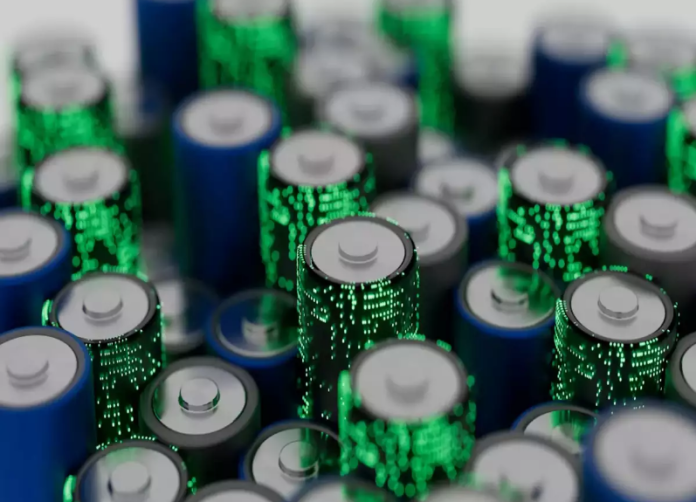CarbonScape, a pioneer in sustainable battery materials, is making waves with its innovative biographite technology. This breakthrough aims to revolutionize the electric vehicle (EV) industry by providing a greener alternative to traditional graphite used in lithium-ion batteries.
Biographite: A Game-Changer in Battery Materials
Biographite is a sustainable anode material derived from wood. Biographite offers superior sustainability and a lower environmental footprint than traditional synthetic or mined graphite.
Environmental Impact
- Reduced Emissions: Manufacturing synthetic graphite emits 25-35 tons of CO2 per ton of product, and mined graphite emits 10-15 tons. In contrast, biographite production results in significantly lower CO2 emissions, reducing the carbon footprint of each EV by 5%.
- Renewable Source: Biographite uses forestry byproducts such as wood chips, ensuring a stable and renewable supply.
Performance
It is to be emphasized that biographite matches the performance of synthetic graphite. Rigorous testing with lithium-ion battery manufacturers, including ATL, confirms that biographite performs similarly to synthetic graphite. These tests, protected by intellectual property agreements, have shown impressive results, prompting further investment in CarbonScape.
Addressing Global Graphite Supply Deficit
Projections indicate a global graphite supply deficit of 777,000 tons by 2030. Biographite offers a decentralized solution, reducing dependence on centralized supply chains, particularly those dominated by China. By using forestry byproducts, biographite promotes critical mineral independence and reduces supply chain vulnerabilities.
Sustainable and Cost-Effective Production
Lower Temperature Production: CarbonScape’s patented process converts wood chips and sawdust into biographite through pyrolysis at half the temperature required for traditional synthetic graphite (2,500°C). This approach helps reduce costs and minimize environmental impact.
Carbon Neutral: The use of responsibly sourced forestry byproducts ensures the process is carbon neutral, depending on the grid supply, while remaining price competitive.
Scaling Up Production
CarbonScape is poised to scale up production and establish commercial facilities in Europe and the US. Despite challenges, the company leverages the expertise of its leadership team and strategic partners to meet the surging demand for batteries while maintaining sustainable practices.
Responsible Sourcing
CarbonScape addresses concerns about the environmental impact of wood chip sourcing by committing to responsible practices. Partnerships with companies like Stora Enso ensure sustainability and circularity in the supply chain. By utilizing less than 5% of the forestry industry byproduct generated in Europe and the US, CarbonScape can produce enough biographite to meet half the projected global battery demand by 2030.
Conclusion
CarbonScape’s biographite is a step forward in the right direction in the EV industry. As the world accelerates towards electrification, biographite has the potential to power the next generation of sustainable transportation, significantly reducing the environmental impact of EV batteries and contributing to a greener future.








